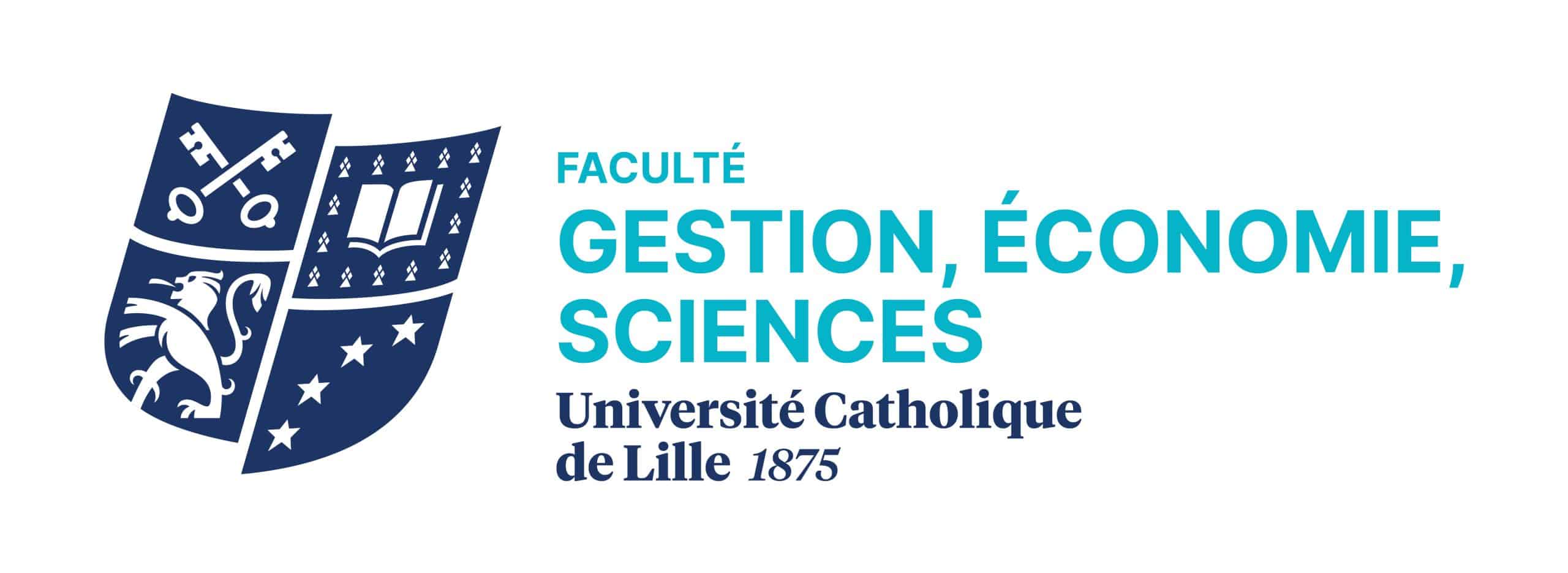
Intercultural Communication & Management
Etablissement : Faculté de Gestion, Economie & Sciences Masters
Langue : Anglais
Formation(s) dans laquelle/lesquelles le cours apparait :
- Aucune formation en lien avec ce cours.
Période : S1
Upper intermediate level of English. A first experience in the corporate world is desirable.
Increase awareness of, identify, understand and manage issues characterizing interactions between individuals and individuals and organizations related to different underlying cultural paradigms, thus becoming more mindful and effective in dealing with individuals from different cultural backgrounds.
LEARNING OUTCOMES- At the end of the course, students will be able to:
- Understand the complexity of cultural diversity management within a global context
- Situate themselves within a diversity framework and reflect on the implications in their personal and professional life
- Communicate effectively in cross-cultural contexts and facilitate understanding between individuals of different cultural backgrounds
- Apply and reconcile different management styles across cultures
- Apply logical, critical and creative thinking to facilitate the resolution of management issues related to different cultural backgrounds
- Assess the values of the organizations they work in
1: What is culture and what are potential obstacles to cross-cultural communication
2: The importance of non-verbal communication and how to deal with cultural adaptation
3: The influence of value systems on cross-cultural interactions and Hofstede’s model (including corporate culture)
4: Trompenaars’s concepts (including corporate culture)
5: Trompenaar’s dilemma reconciliation theory
6: Written continuous control in class exam
7: Debriefing of Michelin case and the Globe project
8: Diversity + inclusion and trustbuilding in cultures
9: Debriefing of Silvio Napoli case and Molinsky’s global dexterity model
10: Bennett’s developmental model of intercultural sensitivity

